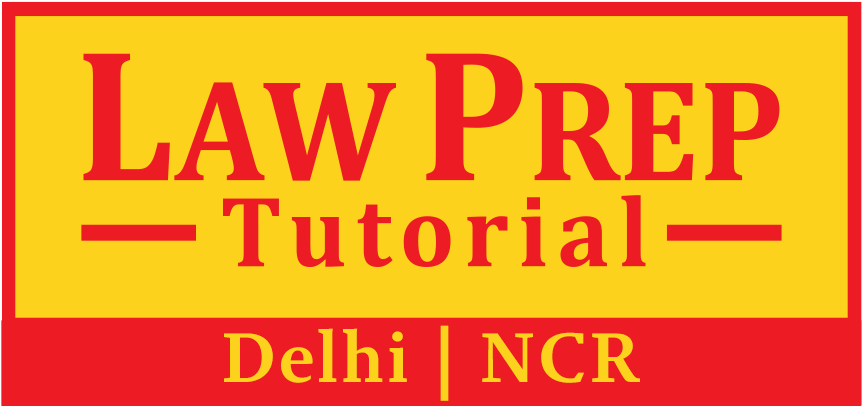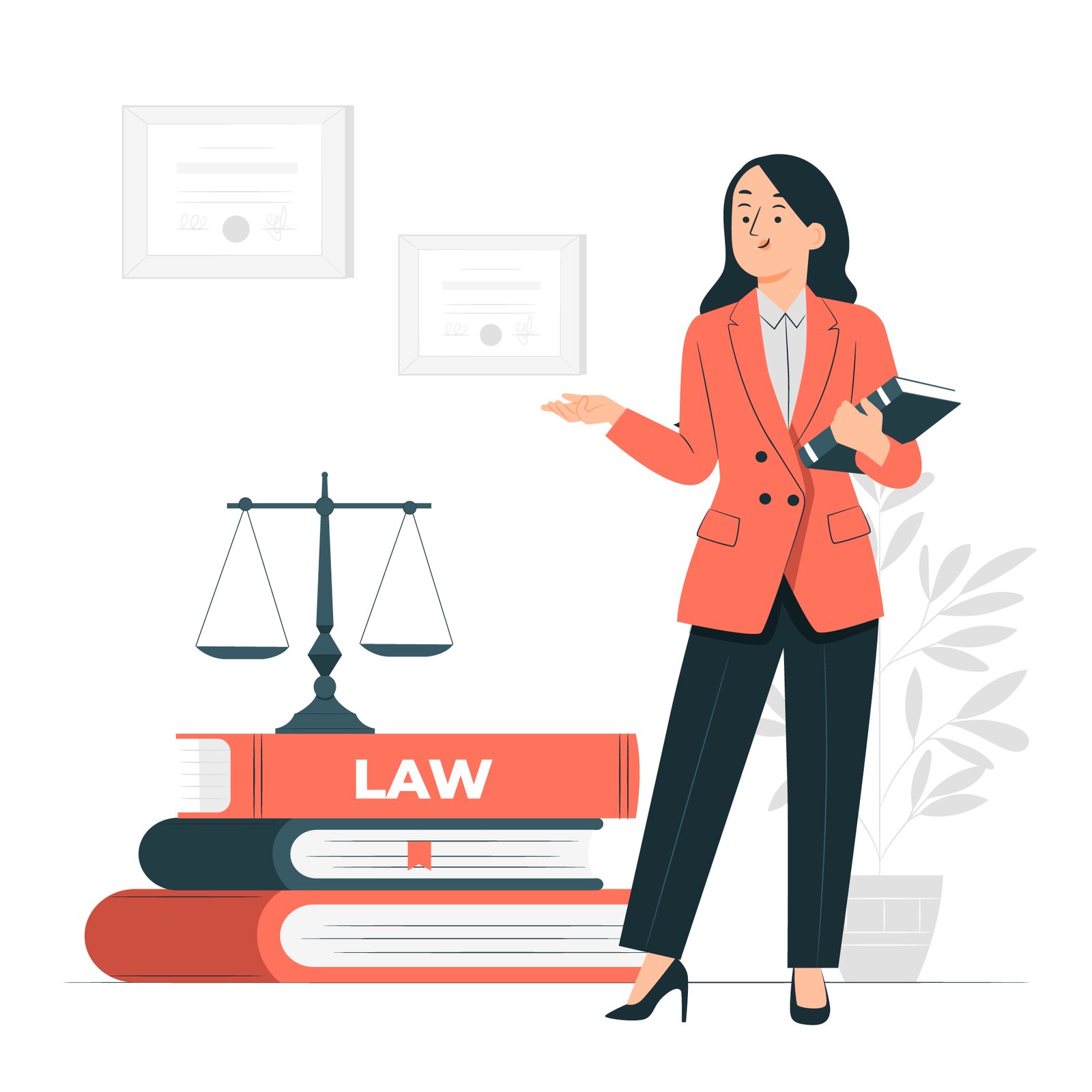If you’re thinking of a career in law or preparing for CLAT 2026 or CLAT 2027, you probably have a lot of questions. This blog answers some of the most common general law career queries to help you make informed choices.
Let’s dive right in.
Q1. What are the main career options after completing law?
A law degree opens up many paths. Some top options are:
- Litigation (Court practice)
- Corporate Law
- Judiciary (Judge via Judicial Services Exam)
- Legal Journalism
- Legal Advisor in Companies
- Academia and Research
- Civil Services (like UPSC)
You can choose based on your interests and strengths.
Q2. What’s the difference between CLAT UG and CLAT PG?
- CLAT UG is for students who want to pursue a 5-year LLB after Class 12.
- CLAT PG is for students who have already completed LLB and want to pursue LLM or appear for jobs like PSUs.
Q3. What is the eligibility for CLAT UG?
- You must have passed Class 12 or be appearing for it.
- You need at least 45% marks (40% for reserved categories).
- There’s no age limit.
Q4. Can I become a judge after studying law?
Yes. After completing LLB, you can appear for the Judicial Services Exam in your state. If selected, you can become a judge in the lower judiciary.
Q5. What are some top law colleges in India?
Here are some top NLUs:
- NLSIU Bangalore
- NLU Delhi (via AILET)
- NALSAR Hyderabad
- NLU Jodhpur
- WBNUJS Kolkata
Private universities like Christ University and Nirma University also offer great law programs.
Q6. Is coaching necessary for CLAT preparation?
CLAT is a competitive exam. Coaching helps with:
- Structured study plans
- Mock tests and analysis
- Doubt clearing
- Expert guidance
Institutes like Law Prep Tutorial Delhi offer mentorship from NLU graduates, topic-wise practice, and proven success with 1000+ NLU selections last year.
Q7. What skills are needed for a successful law career?
- Strong communication skills
- Analytical thinking
- Legal reasoning
- Reading comprehension
- Good command over current affairs
You’ll also need dedication, curiosity, and confidence.
Q8. Can I practice in the Supreme Court after my LLB?
Not directly. You need to:
- Practice in lower courts and High Courts.
- Gain at least 4 years of experience.
- Clear the Advocate-on-Record (AOR) exam to appear in the Supreme Court of India.
Q9. How much can a lawyer earn in India?
Earnings vary widely:
- Fresher litigators may earn ₹15,000–₹30,000/month.
- Corporate lawyers in top firms can earn ₹10–20 LPA or more.
- With experience, earnings can grow significantly.
Q10. Is law a good option for someone from a science or commerce background?
Yes! CLAT doesn’t require any specific stream. Many toppers come from science or commerce backgrounds. If you’re interested in law, logic, or social issues, it’s a great fit.
Final Thoughts: Still Have Law Career Queries?
These were some of the most asked general law career queries. Law is a career of logic, leadership, and lifelong learning. If you’re ready to explore this path, start early, plan smart, and stay curious.
For a strong foundation, join a trusted coaching institute like Law Prep Tutorial Delhi and learn from mentors who’ve already walked the path to NLU and beyond.







